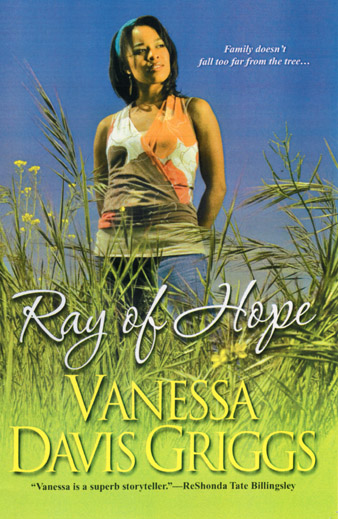Multicultural Fiction
Searching for Daylight: Part II
Sharon Ewell Foster on Witness, Writing, and the Christian Writer’s Journey
 Sharon Ewell Foster is a critically acclaimed, award-winning author, speaker, and teacher. She is the author of Passing by Samaria, the first successful work of Christian fiction by an African American author, and six other works of fiction. Her works regularly receive starred book reviews—which is a rarity among writers—and has won a Christy Award, the Gold Pen Award, Best of Borders, and several reviewers’ choice awards.
Sharon Ewell Foster is a critically acclaimed, award-winning author, speaker, and teacher. She is the author of Passing by Samaria, the first successful work of Christian fiction by an African American author, and six other works of fiction. Her works regularly receive starred book reviews—which is a rarity among writers—and has won a Christy Award, the Gold Pen Award, Best of Borders, and several reviewers’ choice awards.
Last month, Foster’s highly anticipated new novel released.
The Resurrection of Nat Turner, Part 1: The Witnesses (Simon & Schuster) is a story about how Harriet Beecher Stowe, author of Uncle Tom’s Cabin, aims to clarify the accepted history of Nat Turner’s prosecution. Turner, the Ethiopian turned American slave, is a well-read patriot in slaves’ eyes, but an ornery slave who needs to be put in his place in his mistress’s eyes.
Foster continues her chat with Christian Fiction Online Magazine about this controversial novel, her questions to God about her writer’s journey, and how her readers were her saving grace.
Here’s a sneak of this interview.
What themes in this story are relevant to our current Christian worldview?
I’m always fascinated by how our past speaks to our present.
It is about love.
Slavery, trafficking—no matter what country, race, or age—is very simply our failure to see one another as brothers, to love one another. We can try to intellectualize it, but it is what it is.
It is about the power of truth and the power of lies. Many people, lots of black men, find it hard to love God because of the lies they’ve been told—lies like God doesn’t love them, God meant for them to be slaves, God says people are inferior or superior because of the color of their skin.
In the books, I explore lies that are so ubiquitous that we have come to accept them as truth—even when those lies fly in the face of God’s Word. I explore the power of the truth to overcome even the oldest lie.



















